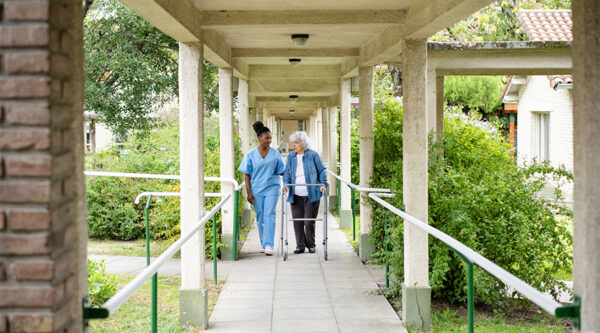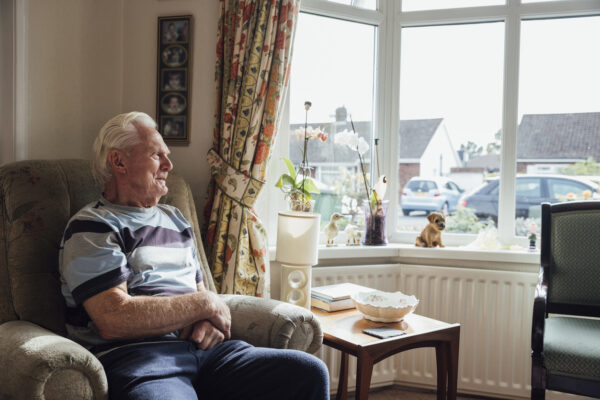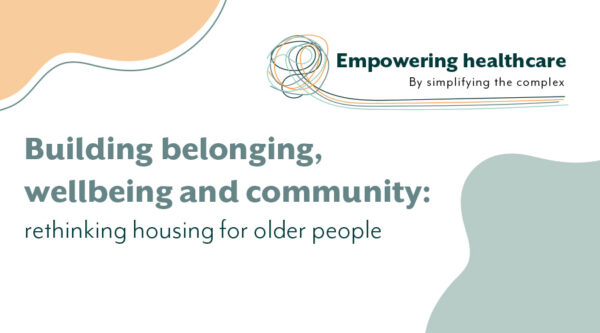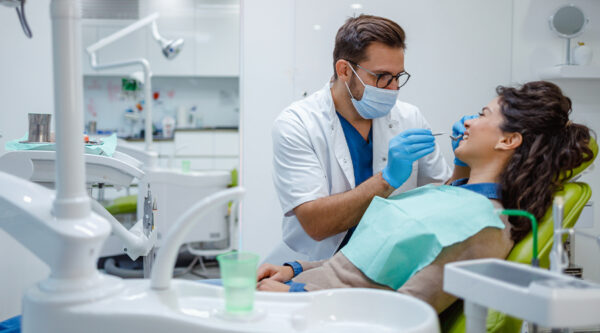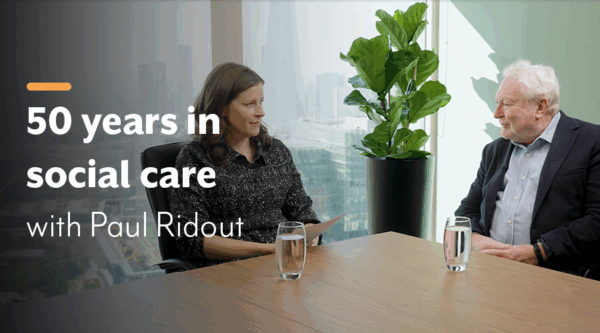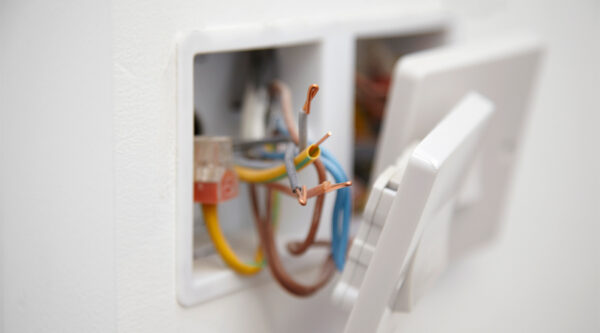
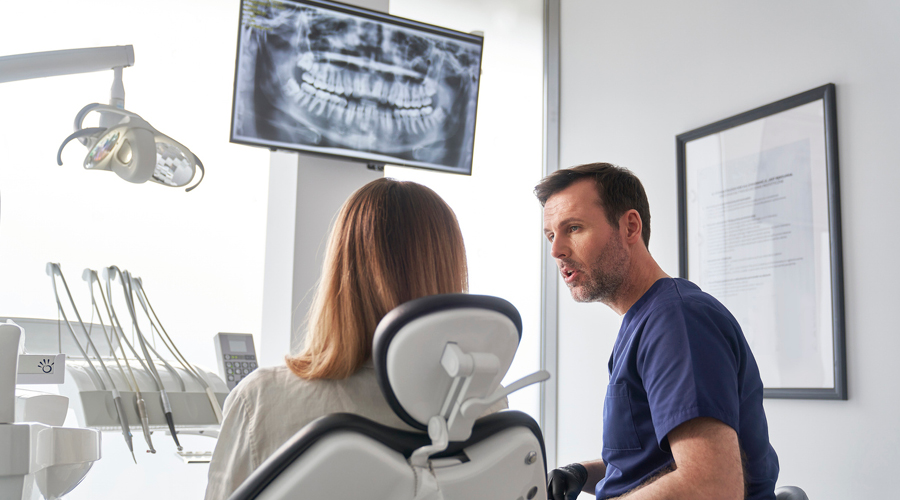
When considering whether to buy or sell a business, the premises can be one of the important assets involved in the transaction. Whether you own the building outright or hold a leasehold interest, this article will help you to navigate your understanding of the difference between the two.
Freehold and leasehold: what’s your position?
If you own the freehold, you are the legal and beneficial owner of the building and own the building outright. You will have full control over the property and will have more flexibility in terms of use of the building, which can become a long-term investment.
A freehold property can be a larger upfront investment but will require significant capital or financing. Banks may offer tailored mortgages to dental professionals.
You may decide that you want to sell your practice but retain the freehold, then lease it to a buyer. When granting a new lease, there are several clauses to consider:
- Term of the lease
- Annual rent
- Security of tenure
- Break clause
- Rent review
- Full Repairing Lease.
These are just a few examples of terms that will need to be considered. Of course, this will all depend on whether the proposed purchaser is buying the practice with cash or if they have a lender involved. If there is a lender, the proposed purchaser will also need to consider their requirements, which may mean that further negotiation is required.
Assigning an existing lease
If you don’t own the building and you have an existing lease in place with a landlord or third party landlord, you may be able to assign the existing lease to the proposed purchaser.
Assigning an existing lease involves transferring your legal interest to another, meaning the incoming tenant will step into the shoes of the outgoing tenant and take on the obligations under the lease.
If you decide to assign your existing lease, your landlord will ask you to enter into an Authorised Guarantee Agreement (AGA). You should ask your solicitor to check if this is an obligation required under your lease.
If you need to provide an AGA, the outgoing tenant will be required to guarantee that the new tenant will fulfil the tenant covenants incorporated in the lease. If the incoming tenant fails to perform the tenant covenants in the lease, which include payment of rents and repair obligations, the terms of the AGA will allow the landlord to pursue the outgoing tenant.
There is a continuing obligation for the outgoing tenant and it’s important that your solicitor advises you on the pros and cons of taking an assignment of an existing lease.
If you don’t want to assign the existing lease, you can always consider surrendering it and granting a new lease to the proposed purchaser.
If you’re thinking about selling or buying your dental practice which has either a freehold or leasehold element, this will require time and planning. If you prepare effectively and seek legal advice, you will have the advice and understanding to facilitate a smooth transaction.
Our expert dental team can help with all aspects of buying, selling and running your dental practice.
